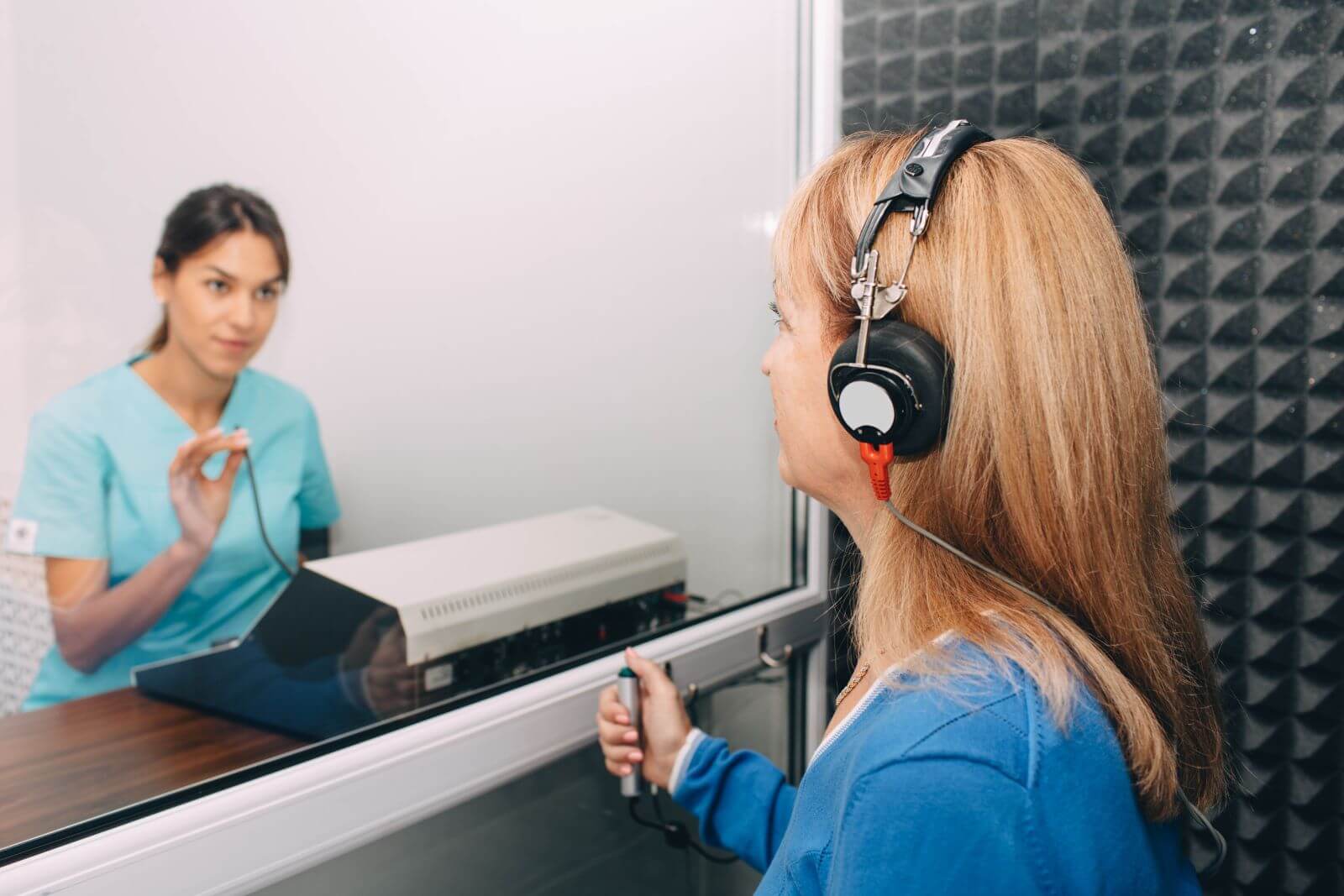
No one can say exactly how many people live with hearing loss. This is due to a broad range of reasons that span from the deeply subconscious to the sociological. But most informed estimates believe that almost 14% of the U.S. population aged 18 and above suffers from some detectable degree of hearing loss. That is somewhere between 35-45 million Americans of all ages, all ethnicities, and all walks of life.
And this is an astonishing number really. Imagine you are at an average-sized wedding. That is 100 guests. Thirteen or 14 of them would have hearing loss. So in this regard, hearing loss is much more common than people probably presume.
But among disabilities, hearing loss is very unique. The majority of people who suffer from it do not seek or maintain appropriate treatment. In fact, less than 20% of people with hearing loss wear a hearing aid daily, and among that minority of people that do, they have waited an average of seven years between first suspecting that they could maybe benefit from wearing a hearing aid and finally doing so. Again, all sorts of reasoning explains this, from the deeply personal to the outdated social stigmas attached to wearing a hearing aid. But one shocking fact explains it more than any of the others.
Most People With Hearing Loss Are Unaware of It
Hearing loss comes on so incredibly gradually, such a little bit at a time, day after day over a number of years, that the change is literally imperceptible. And because of this, most people with hearing loss do not even consciously register that it is happening to them. They are subconsciously adapting their behaviors. They know they are fatigued and frustrated, but they don’t know exactly why.
And, when someone does consciously register the change that is happening, it is most often easier in the immediate to minimize its severity. But the consequences of failing to treat hearing loss with the seriousness that it deserves will unravel and compound, damaging every aspect of your life, from your emotional and psychological health to your relationships and career.
This is why it is so important to take responsibility and be vigilant in keeping up with your annual hearing exam. There is no more accurate way to get an objective assessment of your hearing health. And you get an annual physical, probably visit the dentist and the eye doctor. Why should this be any different?
A Hearing Exam, Step-by-Step
When you arrive, you will first fill out a questionnaire that will inform the specialist of every red flag in your family, medical and personal histories.
Then our specialist will ask you detailed questions about how you are feeling, keeping an eye out for symptoms that you likely would not even relate to your hearing health.
The exam will then be performed in a near-silent room that is specially treated to block out any background noise that might throw off the results. You will put on headphones that are connected to an audiometer, the device that the actual exam itself is performed with.
First comes pure-tone audiometry, listening for different tones at different pitches and volumes. This identifies the quietest volumes that you can hear different frequencies.
Next comes speech audiometry, listening to recorded speech to identify the quietest volumes that you can make out speech. This is followed by related tests that add distracting noises to measure your real-world hearing abilities.
A tympanometry test will measure the reflexes of your ear drum and middle ear.
And finally you will be tested for “hidden” hearing loss, which is hearing loss that happens in your brain, not your ear.
How to Understand The Results of Your Hearing Exam
The results of your exam will be displayed on an audiogram, a graph that charts your hearing. Each of your ears will have its own results, and these results are just as likely to be similar to one another as not.
Hearing loss is categorized in this way:
—0-25 dB HL (hearing loss) = normal
—26-40 dB HL = mild
—41-70 dB HL = moderate
—71-90 dB HL = severe
—More than 91 dB HL = profound
Take Action Today
If you are 60 years old or above, if you work in an industry known to pose a risk to hearing, or if you suspect for any reason that you may be having trouble hearing, make an appointment with one of our specialists today.
